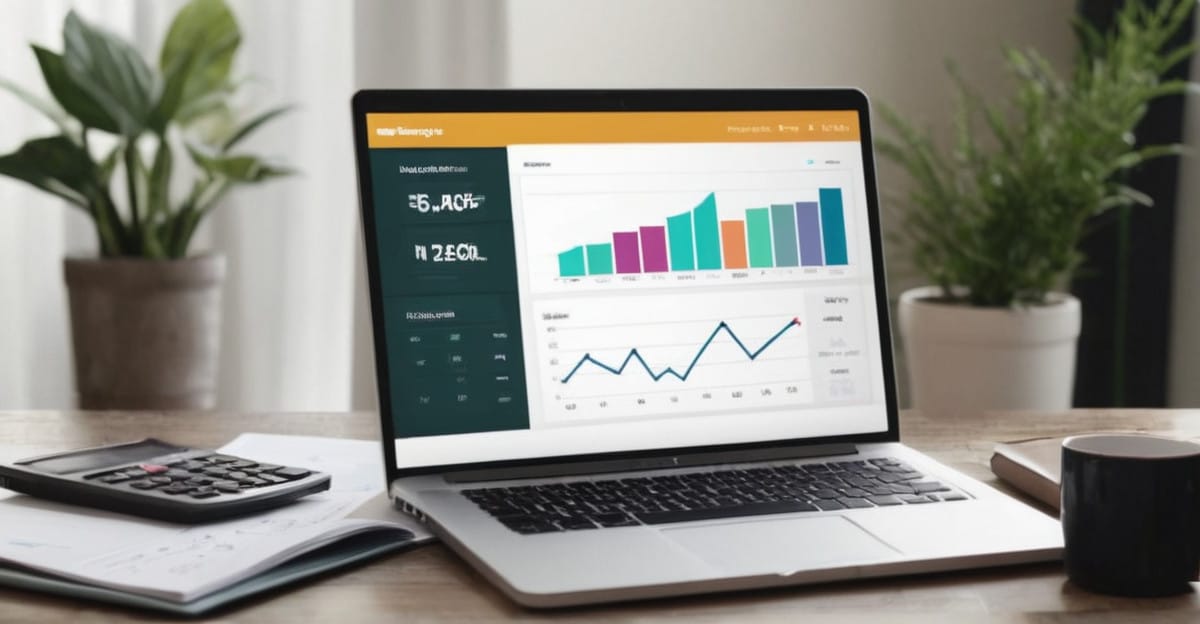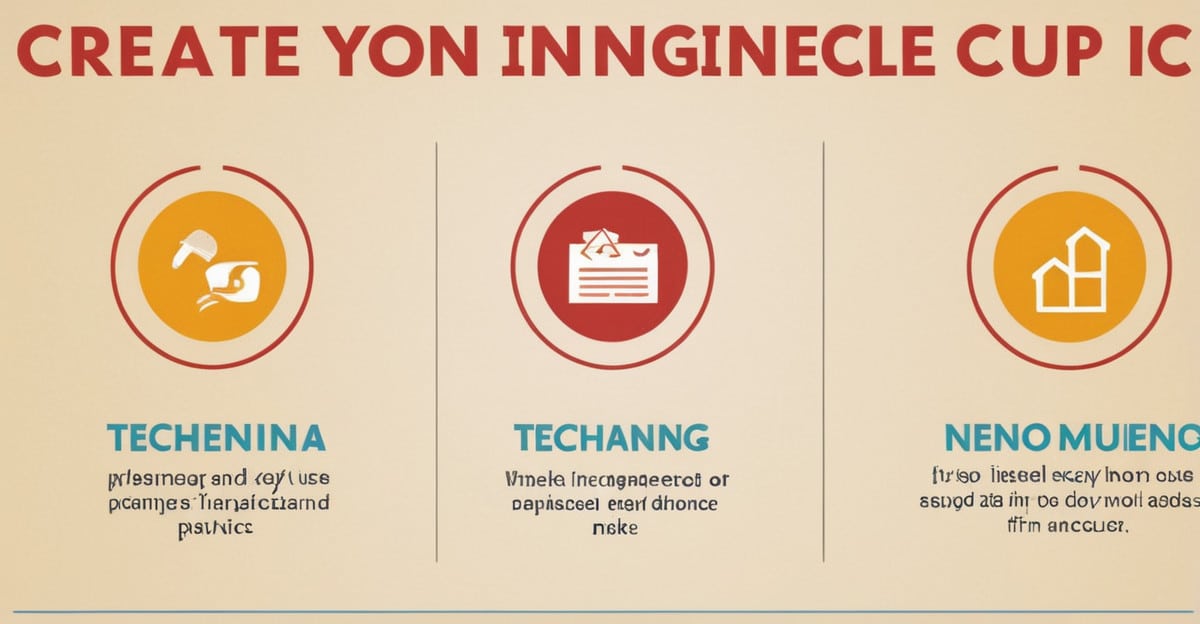Introduction
Unmatched flexibility and independence are provided by freelancing, yet handling sporadic income can be quite difficult. Financial stability for creative professionals such as writers, designers, and consultants requires a grasp of handling unpredictable income. In-depth budgeting advice designed specifically for independent contractors in 2024 will be covered in this extensive guide. Even with a variable income, you can guarantee a stable financial future by putting these techniques into practice.
Understanding Irregular Income
One of the prevalent aspects of freelancing is irregular revenue. In contrast to a regular 9–5 work where revenue is fixed, freelancing frequently involves income volatility. This irregularity may increase the difficulty of creating a budget. However, you may efficiently manage your funds if you take the appropriate approach.
Tracking your income over a few months is crucial in order to spot trends. This will allow you to figure out your typical monthly income, which will be the starting point for your budget. You can also stay on track by preparing for tight months and creating reasonable financial goals.
Creating a Baseline Budget
For independent contractors, setting up a basic budget is essential to maintaining financial security. Your essential costs, such rent, utilities, groceries, and transportation, should be covered by this budget. Make a list of every expense, both fixed and variable, and divide it up into necessary and optional categories.
Once your spending are clearly in order, try to use your typical monthly revenue to meet your fundamental demands. Any excess can be used for investments, savings, or one’s own discretionary expenses. You can build up a reserve for slower times by sticking to a conservative budget during months of high income.
Building an Emergency Fund
Every freelancer should make setting aside money for an emergency fund as a financial safety net. This fund should serve as a safety net in case of income fluctuations or unforeseen costs, covering three to six months’ worth of necessities.
Set away a certain amount of your monthly salary to create an emergency fund. Maintaining discipline may be made simpler by automating this procedure using a different savings account. A healthy emergency fund will help you feel less stressed and anxious so you can concentrate on your work without having to worry about money.
Saving for Taxes
Keeping up with your tax duties is one of the most important parts of working as a freelancer. Freelancers have to set aside a portion of their income for taxes, just like regular employees must. If this isn’t done, there may be steep fines and interest.
A portion of every payment you get should be put away to reduce stress associated with taxes. A reasonable rule of thumb is to save roughly 25-30% of your salary for taxes. Furthermore, think about speaking with a tax expert to comprehend your unique tax obligations and maximize any credits or deductions that are accessible to you.

Managing Variable Expenses
Because they can change from month to month, variable expenses are harder to control. These costs cover items like entertainment, dining out, and travel. Enjoying the advantages of freelancing is crucial, but controlling these expenses is just as crucial.
Establish a monthly cap based on your usual monthly revenue to efficiently manage variable spending. Keep an eye on your expenses and make any necessary adjustments to stay inside your budget. You may make sure that your discretionary spending doesn’t affect your ability to maintain your financial security during difficult times by being aware of it.
Utilizing Budgeting Tools and Apps
When it comes to budgeting, technology might be a freelancer’s greatest friend. You can track your income and expenses, create financial objectives, and effectively manage your budget with the aid of a plethora of tools and apps.
Freelancer-specific features are available in well-known budgeting software like Mint, YNAB (You Need A Budget), and QuickBooks Self-Employed. These programs can automate the tracking of your expenses, provide you insights into your spending patterns, and assist you in managing your money. You may streamline the budgeting process and arrive at wise financial decisions by utilizing these resources.

Incorporating Multiple Income Streams
Increasing the variety of your sources of income can help you feel more secure financially. It can be dangerous to rely solely on one customer or project, particularly if that source of money suddenly disappears. You can lessen the effects of revenue swings by combining several sources of income.
Think of branching out into other markets, introducing new services, or even taking on part-time employment. You can augment your primary revenue with passive income sources like affiliate marketing, e-books, and online courses. In addition to helping to stabilize your revenue, diversification can lead to new growth and development opportunities.
Planning for Retirement
Freelancers frequently neglect retirement planning, despite the fact that it’s an essential component of long-term financial stability. In the absence of an employer-sponsored retirement plan, independent contractors need to take charge of their financial destiny.
Examine your alternatives for retirement savings, including Solo 401(k) plans and Individual Retirement Accounts (IRAs). Make consistent, small-scale contributions to these accounts on a regular basis. Over time, compound interest has the ability to greatly increase your money. Additionally, think about working with a financial advisor to create a customized retirement plan that fits your income and goals.
Conclusion
As a freelancer, managing erratic income can be difficult, but financial stability is totally achievable with the appropriate tactics. You may take charge of your finances by learning strong>how to handle irregular income, setting up a baseline budget, accumulating savings for taxes, and making use of the appropriate tools.
Recall to diversify your sources of income, exercise caution while handling variable costs, and make future plans, such as retirement plans. You can retain a stable financial foundation while taking advantage of the freedom that comes with freelancing if you apply discipline and careful planning.






